Datasheet
Year, pagecount:2019, 3 page(s)
Language:English
Downloads:2
Uploaded:September 24, 2020
Size:567 KB
Institution:
-
Comments:
Attachment:-
Download in PDF:Please log in!
Comments
No comments yet. You can be the first!Most popular documents in this category
Content extract
Source: http://www.doksinet NORTH KOREA’S ECONOMY UNDER KIM JONG-UN: AN ASSESSMENT CHIANG Min-Hua EAI Background Brief No. 1473 Date of Publication: 24 October 2019 Source: http://www.doksinet Executive Summary 1. North Korea’s economic growth rate deteriorated to -4.1% in 2018, from -35% in 2017 according to the South Korean government’s estimates. The waning production in mining, manufacturing and construction contributed to the economic plunge. 2. North Korean leader Kim Jong-un has inherited challenging economic conditions constant shortage of food and energysince taking office in 2011. The United Nations’ (UN) economic sanctions since 2016 have been a drag to growth. 3. The growing military expenditures further burdened the sluggish economy. North Korea’s military expense increased by 45% during the 2011-2017 period. Military personnel grew by 174,000 people from 2007 to 2017. 4. Despite the economic decline, the Kim Jong-un government has successfully
curbed hyperinflation and exchange rate volatility caused by the failed currency reform of 2009. 5. The country is still an agriculture-based economy. In 2018, agriculture accounted for 23.3% of total GDP, slightly lower than government’s service (246%), but higher than manufacturing (18.8%) Sixty per cent of employment is in agriculture 6. Kim Jong-un has granted state-owned enterprises and agricultural sector greater autonomy. The government abandoned “the management of state firms” in 2014, signifying a shift from a “planned economy” to a “state-controlled market economy”. 7. Kim has maintained his father’s industrial policy of developing agriculture, coal mining, electricity, rail transport and metals. Since 2016, North Korea has emphasised import-substitution when slapped with UN economic sanctions. 8. With the enforcement of sanctions, the country has increasingly relied on private businesses, which have emerged since the 1990s. Despite the importance of
market i Source: http://www.doksinet activities in household income and government revenue, they remain informal and separate from the official economic system. 9. Kim also increased the number of special economic zones (SEZs) to attract foreign investment in agriculture, tourism and manufacturing production. However, the UN sanctions have made economic development through SEZs an unattainable policy goal. 10. There are however several bright spots in the North Korean economy. These include the country’s improving trade with China in the first half of 2019 and South Korea humanitarian aid. The long-term economic prospect will depend on the effectiveness of its economic reform. ii
curbed hyperinflation and exchange rate volatility caused by the failed currency reform of 2009. 5. The country is still an agriculture-based economy. In 2018, agriculture accounted for 23.3% of total GDP, slightly lower than government’s service (246%), but higher than manufacturing (18.8%) Sixty per cent of employment is in agriculture 6. Kim Jong-un has granted state-owned enterprises and agricultural sector greater autonomy. The government abandoned “the management of state firms” in 2014, signifying a shift from a “planned economy” to a “state-controlled market economy”. 7. Kim has maintained his father’s industrial policy of developing agriculture, coal mining, electricity, rail transport and metals. Since 2016, North Korea has emphasised import-substitution when slapped with UN economic sanctions. 8. With the enforcement of sanctions, the country has increasingly relied on private businesses, which have emerged since the 1990s. Despite the importance of
market i Source: http://www.doksinet activities in household income and government revenue, they remain informal and separate from the official economic system. 9. Kim also increased the number of special economic zones (SEZs) to attract foreign investment in agriculture, tourism and manufacturing production. However, the UN sanctions have made economic development through SEZs an unattainable policy goal. 10. There are however several bright spots in the North Korean economy. These include the country’s improving trade with China in the first half of 2019 and South Korea humanitarian aid. The long-term economic prospect will depend on the effectiveness of its economic reform. ii
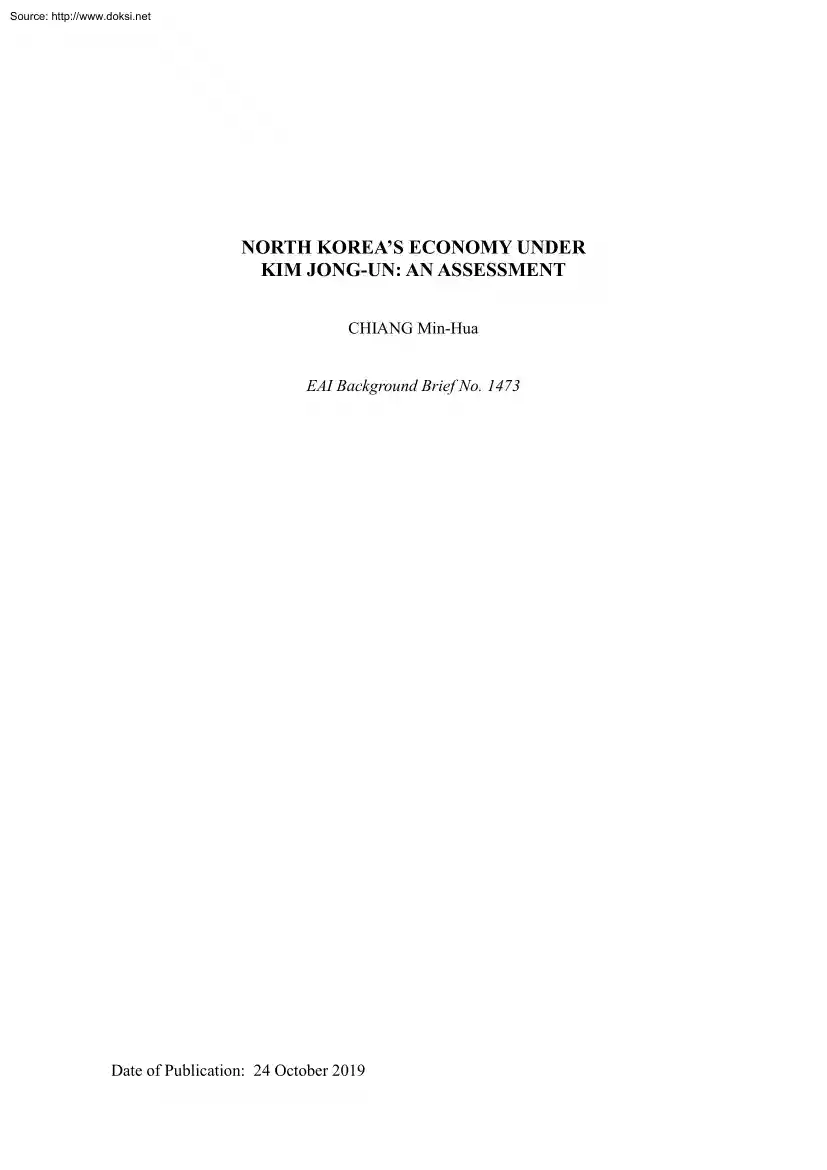
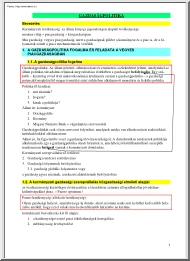
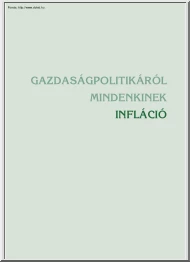
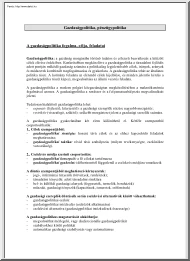
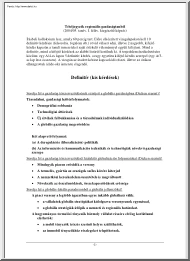
 When reading, most of us just let a story wash over us, getting lost in the world of the book rather than paying attention to the individual elements of the plot or writing. However, in English class, our teachers ask us to look at the mechanics of the writing.
When reading, most of us just let a story wash over us, getting lost in the world of the book rather than paying attention to the individual elements of the plot or writing. However, in English class, our teachers ask us to look at the mechanics of the writing.